All Stories
-
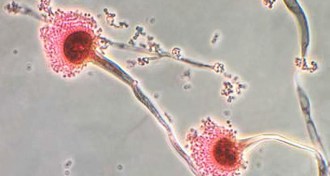 Life
LifeWhen a fungus invades the lungs, immune cells can tell it to self-destruct
Immune system resists fungal infection by directing spores to their death.
-
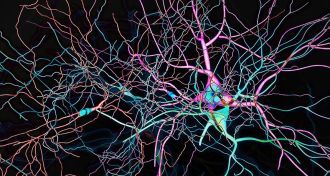 Neuroscience
NeuroscienceBrain chemical lost in Parkinson’s may contribute to its own demise
A dangerous form of the chemical messenger dopamine causes cellular mayhem in the very nerve cells that make it.
-
 Animals
AnimalsWhy bats crash into windows
Smooth, vertical surfaces may be blind spots for bats and cause some animals to face-plant, study suggests.
-
 Animals
AnimalsWhy bats crash into windows
Smooth, vertical surfaces may be blind spots for bats and cause some animals to face-plant, study suggests.
-
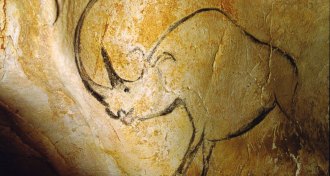 Paleontology
PaleontologyWoolly rhinos may have grown strange extra ribs before going extinct
Ribs attached to neck bones could have signaled trouble for woolly rhinos, a new study suggests.
By Susan Milius -
 Tech
Tech50 years ago, West Germany embraced nuclear power
In 1967, Germany gave nuclear power a try. Today, the country is trading nukes for renewables.
-
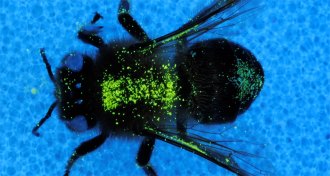 Animals
AnimalsPollen hitches a ride on bees in all the right spots
Flower reproduction depends on the pollen that collects in hard-to-reach spots on bees, a new study shows.
-
 Planetary Science
Planetary ScienceReaders were curious about rogue planets, exomoons and more
Readers had questions about rogue planets, human arrival in Australia, and exomoons.
-
 Science & Society
Science & SocietyLearning is a ubiquitous, mysterious phenomenon
Acting Editor in Chief Elizabeth Quill talks about the science of learning and how our brains process new knowledge.
-
 Artificial Intelligence
Artificial IntelligenceMachines are getting schooled on fairness
Machine-learning programs are introducing biases that may harm job seekers, loan applicants and more.
-
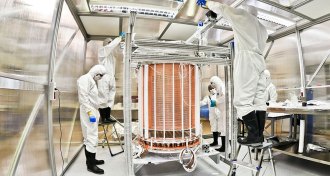 Particle Physics
Particle PhysicsDark matter still remains elusive
Scientists continue the search for particles that make up the universe’s missing matter.
-
 Particle Physics
Particle PhysicsThe results from a slew of experiments are in: Dark matter remains elusive
Scientists continue the search for particles that make up the universe’s missing matter.